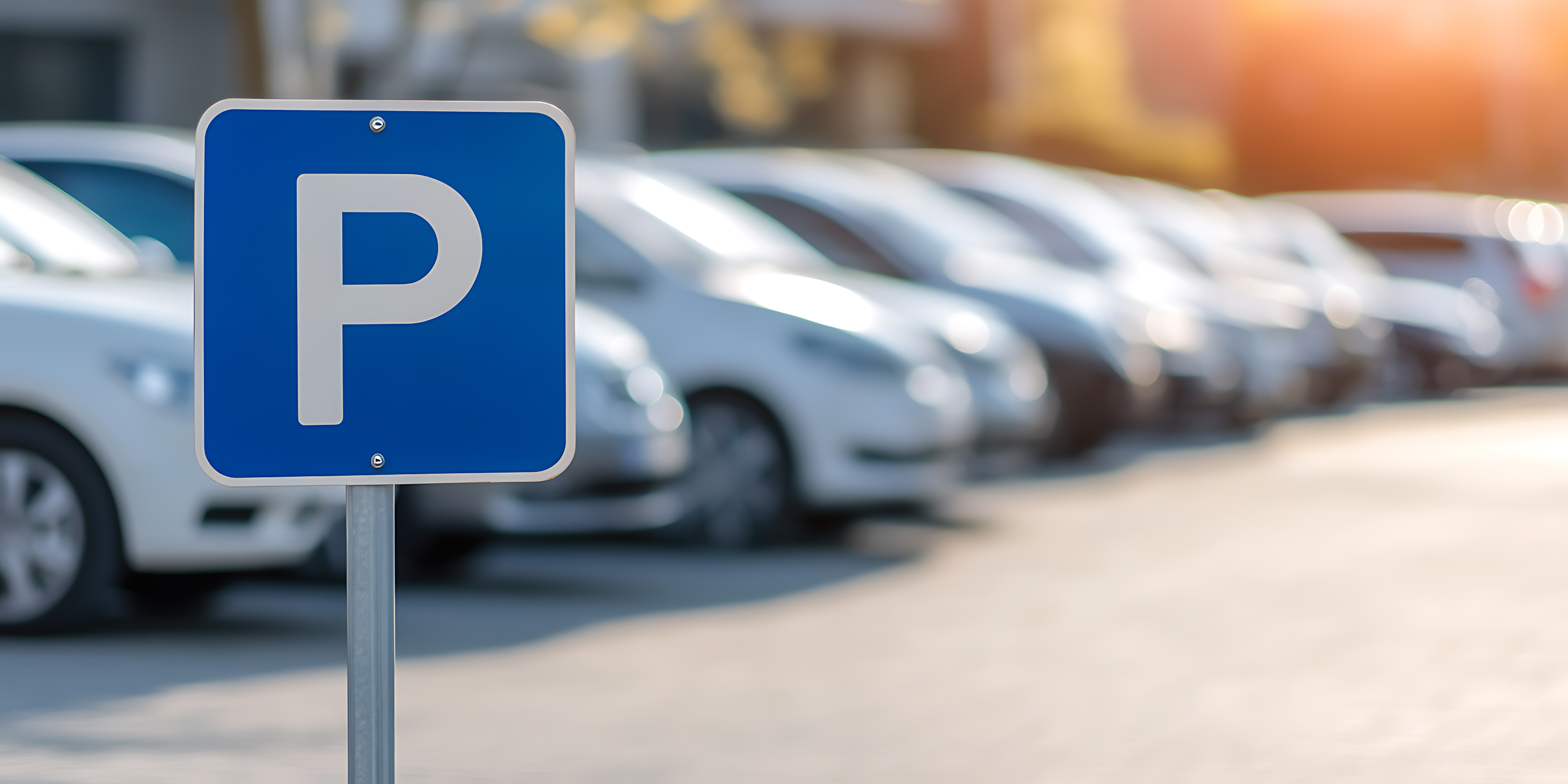The development of parking technology
Digitalisation has been causing a rethink in society for years, changing the demands on every area of life. One important point is, of course, mobility, which includes everyday processes such as parking. Until now, every parking space was considered a cosmos in its own right, with a horizon that only extended from the entrance to the exit. If one looks at the development of parking technology in Germany, it quickly becomes clear that this way of thinking is no longer up-to-date. But which technologies have been used so far and what will prevail?
The classic of parking technology: The parking barrier
A look at the past first shows the further development of the parking barrier. From manual opening, to electric barriers with parking tickets, on to modern approaches with chip or number plate recognition.
The physical demarcation with a barrier clearly regulates the authority over entry and exit, but this technology is still associated with high acquisition and also maintenance costs. Defective barriers require quick action, because damage or technical problems must be remedied quickly due to the threat of lost sales. Another disadvantage is future viability: It is already clear that parking spaces in many places will develop into so-called mobility hubs, which will form hubs for parking facilities, sharing models and public transport. The physical barrier makes this integration of sharing offers and flexible billing models for parking and e-charging more difficult.
Parking space control through built-in parking sensors
Another digital approach is the use of parking sensors, which are attached to each parking space to be checked. This allows parking attendants to specifically identify parking violators during patrols. Sensors also provide information on the occupancy and usage of the parking space. Although they require less maintenance than electric barriers, the sensors have batteries that have to be replaced every 3-5 years. In addition, there is the well-known problem of staff patrols: parking space control is only carried out on a random basis, and possible parking tickets can lead to annoyance in the area and complaints in surrounding shops.
Barrier-free parking technology
Probably the most advanced technology currently available is based on smart parking systems that operate almost entirely without hardware. A scanner records the car's license plate number on entry and exit in compliance with the GDPR and uses this to determine the parking fee. This can be paid using an app or all common payment methods via a machine. The entire process is digital - barriers, sensors, control personnel and paper tickets are no longer necessary.
This eliminates immense costs for car park operators in the acquisition and maintenance of their parking technology. Digital parking systems are less susceptible to maintenance, as only the analogue licence plate scanner needs to be installed. This is robust and inconspicuous and therefore also protected against vandalism.
Also, a 24/7 maintenance service for wear parts and system failures, as needed in restricted parking areas, is no longer necessary. Unlike conventional parking sensors, the licence plate recognition-based parking technology allows for maximum parking time monitoring and identifies parking violations directly, eliminating the need for manual patrols.
Digital parking as the technology of the future
Why should digitalisation stop at closed parking barriers? Parkers want to do without fumbling for small change for machines, a paper ticket system and inconvenient approaches to barriered parking spaces. Instead, the parking and payment process should be uncomplicated and digital. A return to analogue technologies is unthinkable.
Parking spaces as part of digital mobility concepts
Parking spaces can no longer be considered in isolation, but must be integrated as a component of digital mobility concepts. The integration of partners to pay parking costs via app, to use car-sharing models or even to rent an e-scooter for the onward journey in the inner city area will increasingly establish itself as standard. Only in this way can simple parking areas become smart mobility hubs. These requirements cannot be met with existing technologies such as parking barriers and sensors.
Barrier-free parking can therefore no longer be regarded as a distant concept for the future, but is already the new status quo in the parking industry, and there is no way around it in the long term.
One of the established companies in the field of digital parking management is the Munich-based technology provider Peter Park System GmbH. In addition to barrier-free entry and exit through automatic license plate recognition, the Peter Park system provides a platform for integrating various mobility services. In this way, the company helps parking operators to adapt their technology to contemporary mobility needs and to benefit from the advantages of barrier-free technology.







.png)